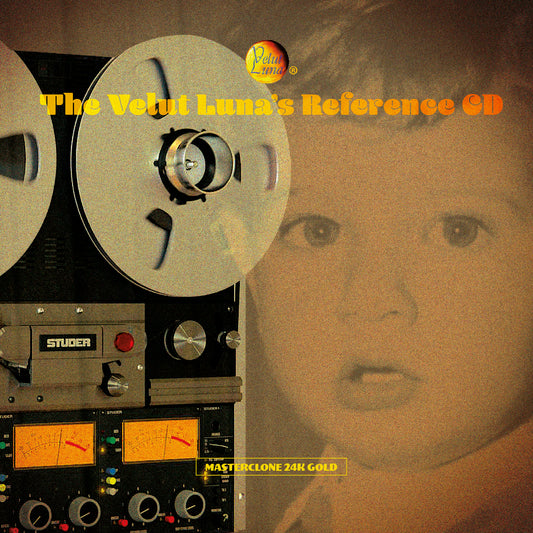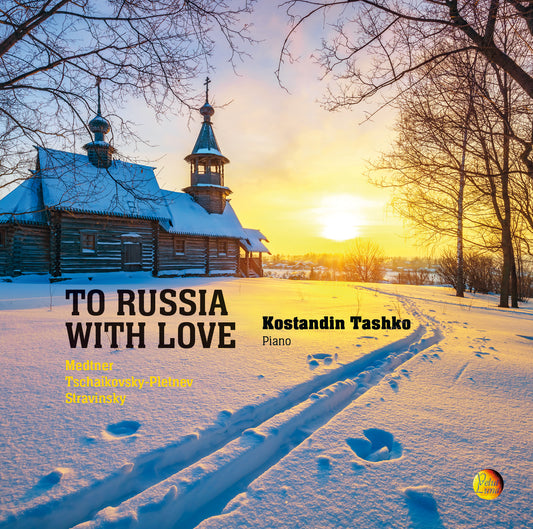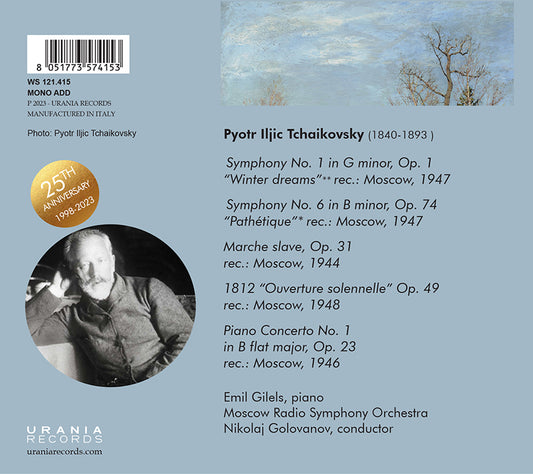Collezione: Pëtr Il'ič Čajkovskij
Pëtr Il'ič Čajkovskij (Votkinsk, 7 maggio 1840 – San Pietroburgo, 6 novembre 1893), è stato un compositore russo del periodo tardo-romantico, le cui composizioni sono tra le più note del repertorio classico. Ha unito nel suo stile caratteristiche della musica tradizionale russa alla prassi musicale classica, in contrasto con la visione estetica del Gruppo dei Cinque, improntata a un maggiore nazionalismo musicale.
Benché di talento musicale precoce, Čajkovskij studiò giurisprudenza. Nella Russia dell'epoca, l'istruzione musicale non era regolamentata e le opportunità di studiare musica accademicamente erano limitate. Al sorgere per lui di tali opportunità, abbandonò la carriera di avvocato ed entrò nel neonato Conservatorio di San Pietroburgo. Compiuti gli studi, forgiò un proprio stile musicale russo, consolidando l'uso di convenzioni compositive della musica classica accanto alla musica tradizionale russa, raggiungendo così notorietà internazionale, benché non sempre ben ricevuto dalla critica russa.
Nonostante il successo popolare, la sua vita fu costellata di eventi che lo condussero alla depressione e a una visione fatalista dell'esistenza: in gioventù la morte della madre, il naufragio delle relazioni interpersonali poi e l'inaccettabilità per la società dell'epoca della sua omosessualità contribuirono a questa condizione. La morte è ufficialmente attribuita al colera, ma le sue circostanze sono dibattute; è stato anche ipotizzato il suicidio, per contagio volontario con la malattia o mediante altra forma di avvelenamento.
Benché di talento musicale precoce, Čajkovskij studiò giurisprudenza. Nella Russia dell'epoca, l'istruzione musicale non era regolamentata e le opportunità di studiare musica accademicamente erano limitate. Al sorgere per lui di tali opportunità, abbandonò la carriera di avvocato ed entrò nel neonato Conservatorio di San Pietroburgo. Compiuti gli studi, forgiò un proprio stile musicale russo, consolidando l'uso di convenzioni compositive della musica classica accanto alla musica tradizionale russa, raggiungendo così notorietà internazionale, benché non sempre ben ricevuto dalla critica russa.
Nonostante il successo popolare, la sua vita fu costellata di eventi che lo condussero alla depressione e a una visione fatalista dell'esistenza: in gioventù la morte della madre, il naufragio delle relazioni interpersonali poi e l'inaccettabilità per la società dell'epoca della sua omosessualità contribuirono a questa condizione. La morte è ufficialmente attribuita al colera, ma le sue circostanze sono dibattute; è stato anche ipotizzato il suicidio, per contagio volontario con la malattia o mediante altra forma di avvelenamento.
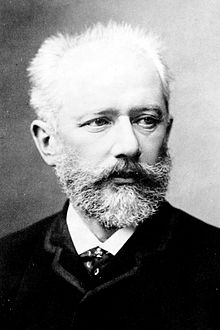
-
The Velut Luna's Reference Vol. 1: Masterclone 24K GOLD CD
Produttore:Velut Luna4.0 / 5.0
(2) 2 recensioni totali
Prezzo di listino Da $37.00 USDPrezzo di listinoPrezzo unitario / per$0.00 USDPrezzo scontato Da $37.00 USD -
TO RUSSIA WITH LOVE - Kostandin Tashko
Produttore:Velut Luna5.0 / 5.0
(1) 1 recensioni totali
Prezzo di listino $19.00 USDPrezzo di listinoPrezzo unitario / per$0.00 USDPrezzo scontato $19.00 USD -
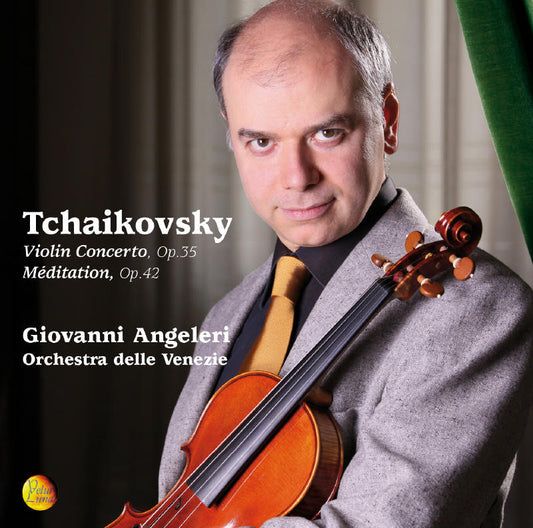
Tchaikovsky: Violin Concerto, Op. 35, Méditation, Op. 42 - GIOVANNI ANGELERI ORCHESTRA DELLE VENEZIE
Produttore:Velut Luna5.0 / 5.0
(2) 2 recensioni totali
Prezzo di listino Da $19.00 USDPrezzo di listinoPrezzo unitario / per$0.00 USDPrezzo scontato Da $19.00 USD -
TCHAIKOVSKY: ORCHESTRAL WORKS – GOLOVANOV
Produttore:Urania RecordsPrezzo di listino $20.00 USDPrezzo di listinoPrezzo unitario / per$0.00 USDPrezzo scontato $20.00 USD

